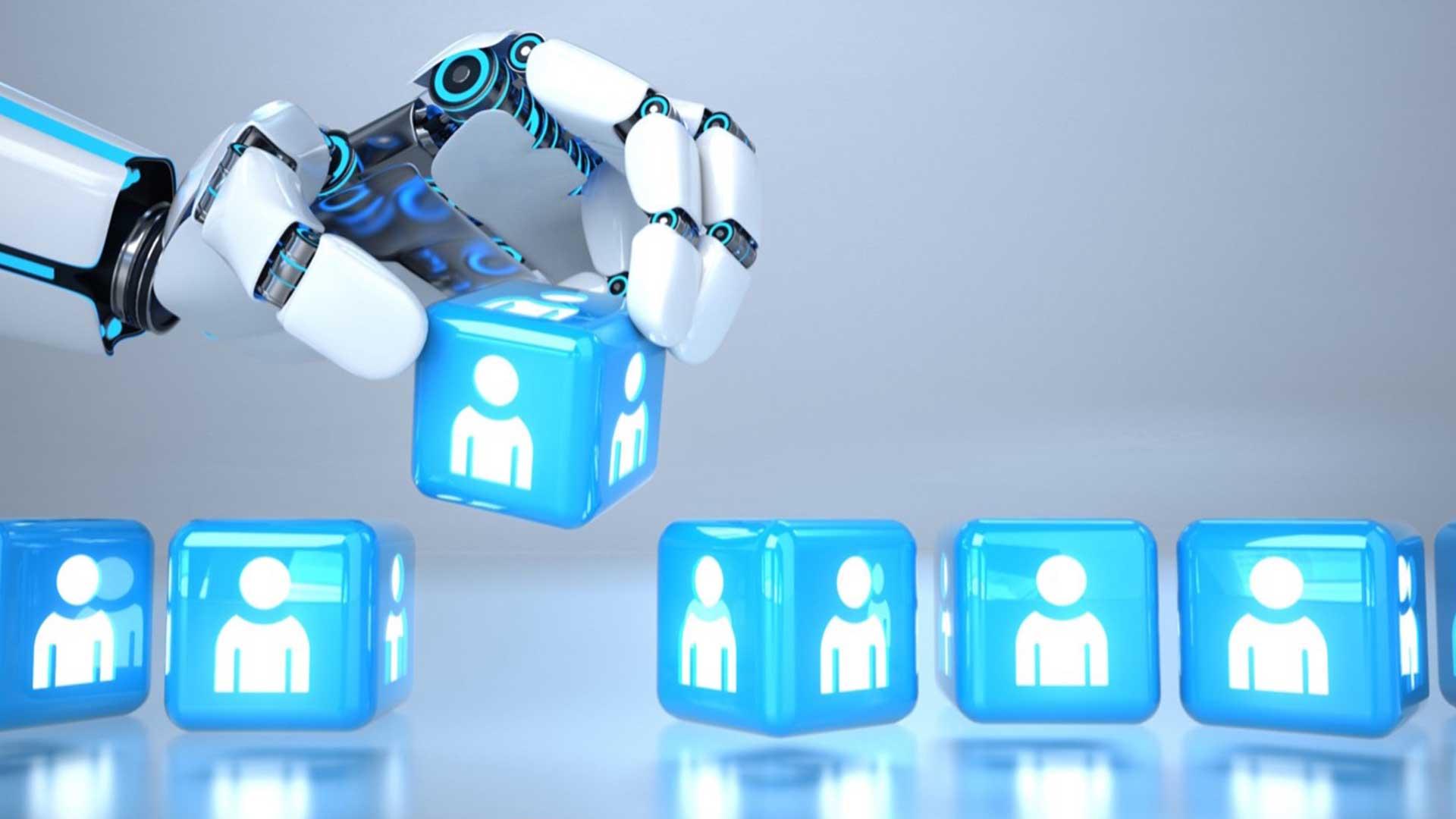Artificial intelligence (AI) has rapidly evolved in recent years, and its impact on various industries has been significant. One industry that is poised for a massive transformation is the recruiting industry, which is always in need of innovation. As AI continues to advance, it has the potential to revolutionize how recruiters find and hire top talent, streamlining processes, and increasing productivity.
It should be noted that AI is not going to put recruiters out of a job. Instead, it will enhance a recruiter’s ability to scale their tools and resources, replacing the mundane and time-consuming administrative tasks that currently consume a significant portion of their time. In this blog post, we will explore how AI is changing the recruiting landscape and how it will likely enhance productivity for recruiters in the near future.
Below are just a few of the areas where AI is having a positive impact on the recruiting industry:”
- Automated resume screening
- Improved candidate sourcing
- Enhanced candidate experience
- Reduced bias in hiring
- Employee retention analysis
- Predicting future hiring needs
Automating Resume Screening:
One of the most time-consuming tasks for recruiters is sifting through numerous resumes to identify qualified candidates. AI-powered resume screening tools can quickly scan and analyze resumes, identifying relevant skills, experience, and qualifications. These tools use natural language processing (NLP) and machine learning algorithms to analyze resumes and rank candidates based on their fit with job requirements. By automating resume screening, recruiters can save valuable time and effort, allowing them to focus on other strategic aspects of recruitment.
Improving Candidate Sourcing:
Finding qualified candidates from a vast pool of job seekers can be challenging. However, AI-powered candidate sourcing tools can significantly improve this process. These tools use algorithms to search and analyze data from various sources, such as job boards, social media profiles, and online professional networks, to identify potential candidates who match the desired job criteria. This can help recruiters expand their talent pool, identify passive candidates, and save time in the sourcing process, ultimately increasing productivity.
Enhancing Candidate Experience:
Providing a positive candidate experience is crucial for attracting top talent. AI-powered chatbots and virtual assistants can engage with candidates, answer their questions, and provide relevant information about the company and the job position. These chatbots can also conduct initial screenings, schedule interviews, and send updates to candidates, saving recruiters time and effort. Additionally, AI can analyze candidate interactions and provide insights to improve the overall candidate experience, helping recruiters build better relationships with potential hires.
Enhancing Employee Retention:
Retaining top talent is crucial for the success of any organization. AI can help recruiters analyze data on employee performance, engagement, and satisfaction to identify patterns and trends that may impact retention. For example, AI-powered analytics tools can analyze employee data to identify factors that influence turnover, such as job satisfaction, workload, or compensation. This information can help recruiters identify potential retention risks and take proactive measures to improve employee satisfaction and productivity.
Predicting Future Hiring Needs:
AI can help recruiters predict future hiring needs by analyzing data on historical hiring patterns, industry trends, and business projections. By analyzing these data points, AI-powered predictive analytics tools can provide insights into future talent requirements, allowing recruiters to proactively plan their recruitment strategies. This can help recruiters stay ahead of the curve, reduce time-to-fill for open positions, and ensure that the right talent is available when needed, enhancing overall productivity.
In conclusion, the rapid advancement of AI-powered tools is poised to bring about a significant transformation in the recruiting industry. By automating mundane tasks, such as resume screening, AI frees up recruiters’ time to focus on building relationships, networking, and strategizing their recruitment efforts.
Moreover, AI’s data-driven capabilities enable recruiters to make more informed decisions by analyzing large volumes of data related to talent acquisition, employee retention, and succession planning. This empowers recruiters to align their recruitment strategies with the overall business objectives of their organizations, ultimately enhancing productivity and achieving more successful hiring outcomes. As AI continues to evolve, recruiters who embrace and adapt to these technological advancements are likely to stay ahead in the highly competitive world of recruitment.



